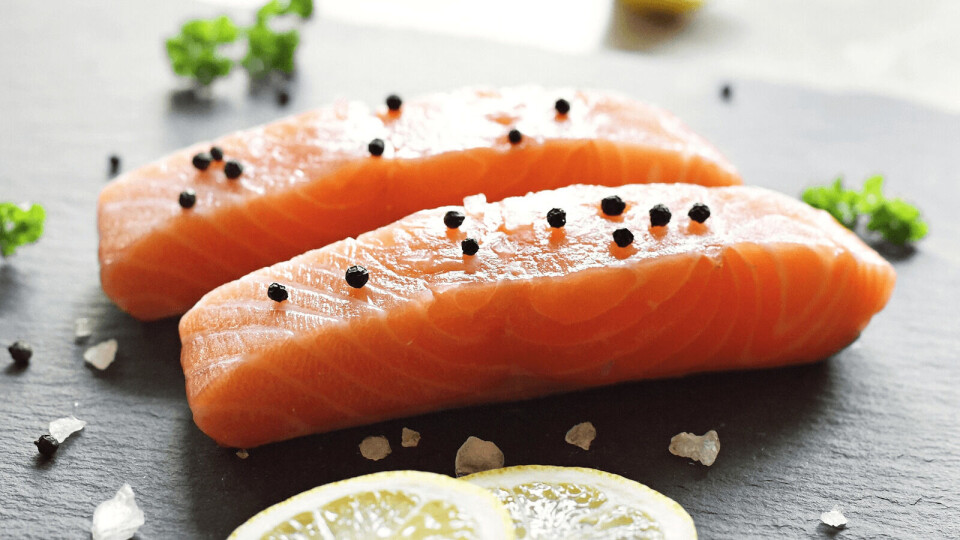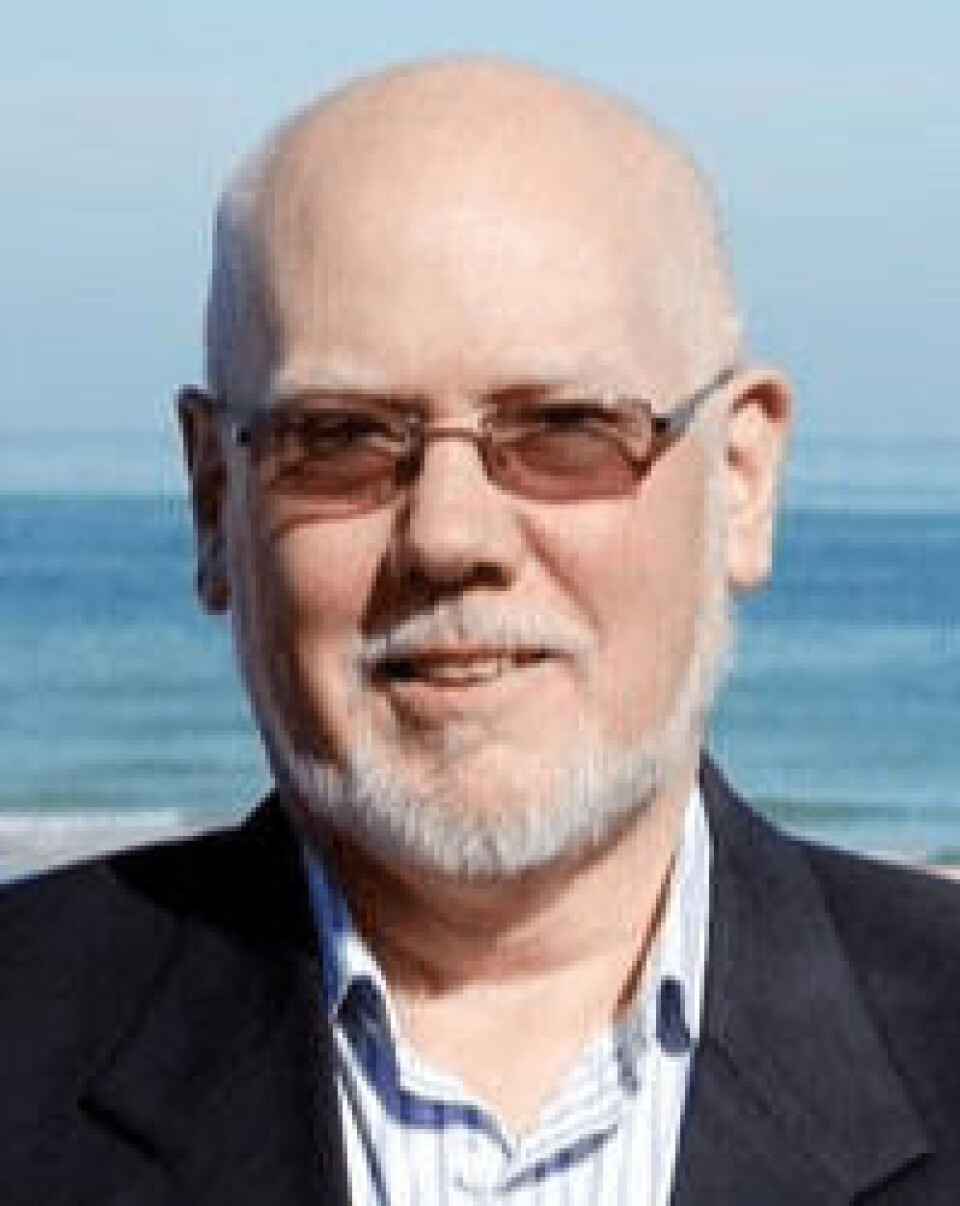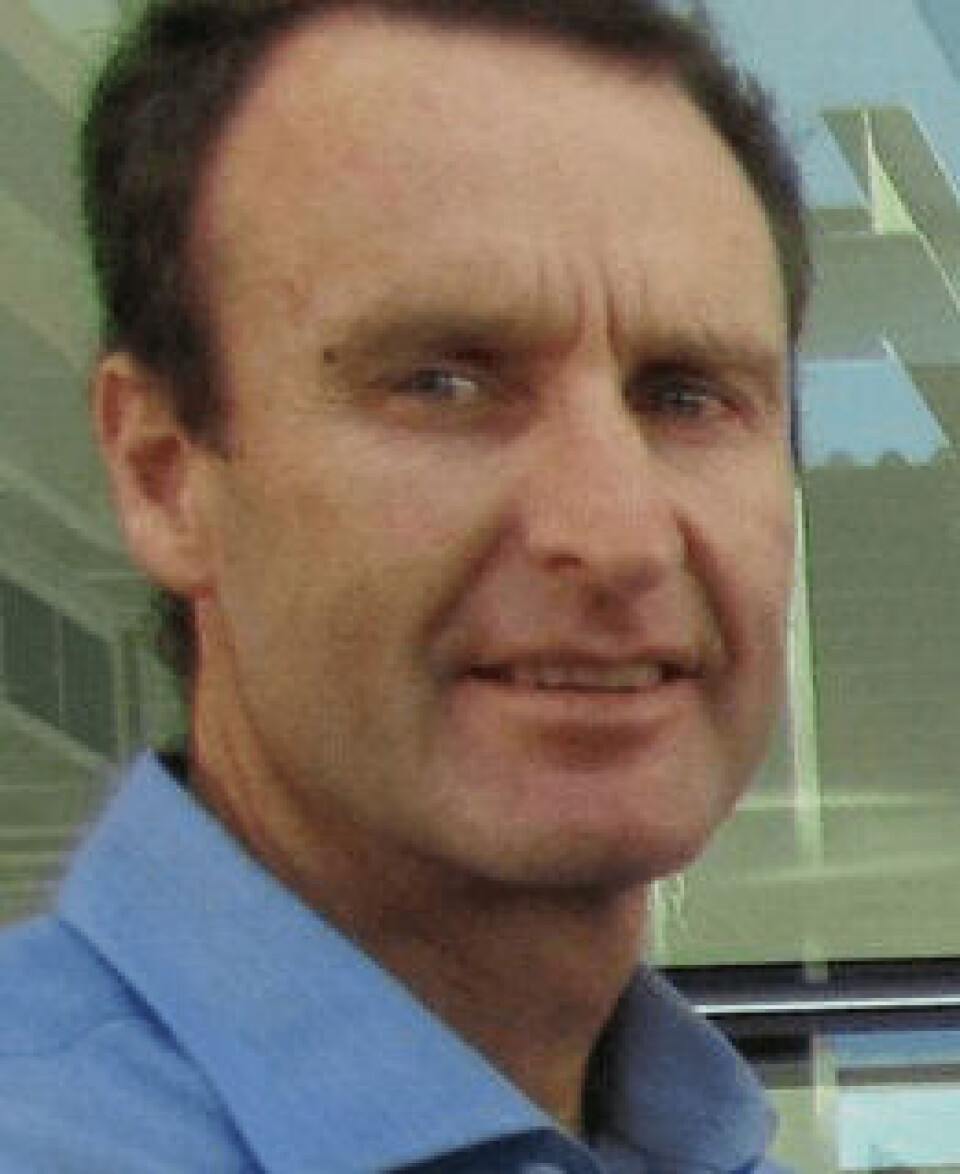
Companies team up to offer one-stop shop for RAS
Global aquaculture consultancy SmartAqua and Australian project delivery company Wiley have teamed up to provide turnkey services for land-based aquaculture, recirculating aquaculture systems (RAS) project management, processing plant design and construction.
SmartAqua managing director Alastair Smart said: “SmartAqua have worked with Wiley over many years. The rapid expansion into land-based farming and the need for turnkey project management of a land-based facility integrated with processing led to us deciding to formally merge our skillsets.”
Wiley senior project manager Logan Ashmole said: “We are seeing an increasing number of proposed RAS projects, particularly for salmon-farming - there are more than 50 RAS proposed projects (and counting) to farm salmon on land.
“The total estimated production of these announced projects up to 2050 is equal to 25% of total current salmon production at around 600,000 tonnes.”

Pragmatic solutions
Australia-based SmartAqua partners with other organisations to bring a partnership approach that offers pragmatic solutions for the seafood industry. The company was first established in 1996 by Alastair Smart to offer seafood consulting services chiefly to the fast-growing aquaculture industry that lacked skills and knowledge.
Joseph Tuma, SmartAqua’s RAS specialist, said: “There is a misconception that the RAS concept is still under early development, when in fact the sea cage salmon industry receives their supply of larger and larger smolt from their RAS facilities to provide the 2.4 million tonnes of annual salmon production.
“We have seen smolt sizes evolve from 30g to 100g to 150g, and now in some cases to 0.5-1kg smolt in order to shorten the sea phase and manage risks in the sea, especially around sea lice.
“The tech is there, and the move to holding fish a little longer to reach sizes of 4-5kg is about managing the scale of the business. Studies have shown that the capex is similar to sea farming - don’t forget you still need a RAS facility for smolt production besides - and there are none of the expensive lease and licence fees required for sea cage operations. There are challenges, but in our opinion the future of RAS fish production is positive and complements sea cage production by spreading risk.”

Harvest technology
Alastair Smart was involved in the pioneering development of low-stress harvest technology and methodologies for salmon and managed feed trial development units looking at pigmentation, growth and product quality while working for Marine Harvest in Scotland.
In this role he gained the RSPCA Alastair Mews Award recognising the development of low-stress harvesting practices of the highest standard in the UK agricultural industry, including terrestrial species.
He has worked with Dundee-based Ace Aquatec on the development of their award-winning Humane Stunner Universal (HSU). The technology utilises a flexible electronics system that actively protects against spinal damage and blood spotting.























































